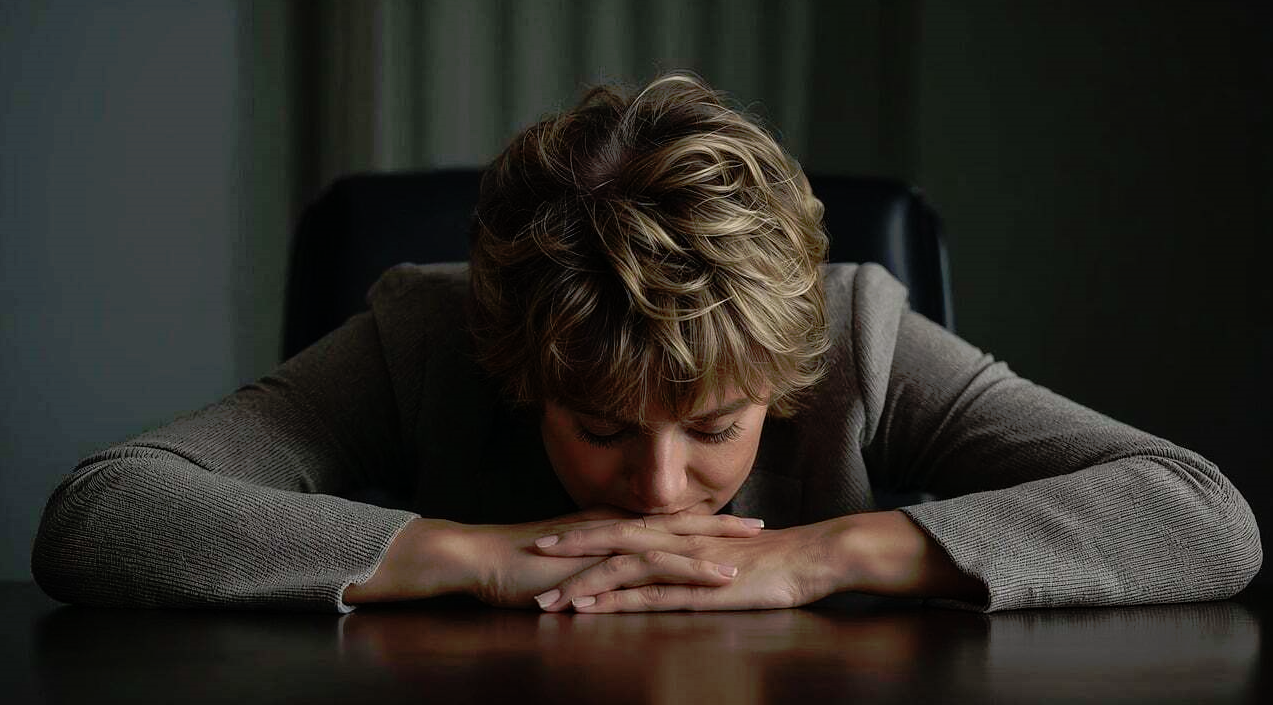Media release
From:
Healthcare system failing long Covid patients – study finds
Gaslighting, unmet needs, and a sense of being left behind – long Covid patients paint a bleak picture of their experiences with the Aotearoa New Zealand health system in a new University of Otago – Ōtākou Whakaihu Waka study.
Published in PLoS One, researchers interviewed long Covid patients about their experiences accessing primary healthcare.
Lead author Dr Sarah Rhodes, of the School of Physiotherapy, says some participants felt they were being let down.
“Covid-19 may no longer be considered a public health emergency, but long Covid presents an ongoing and complex challenge for those affected.
“Patients accessing the current system experience gaslighting, unmet needs, inequity of care and uncertainty amongst health providers about their condition. This has left them having to self-advocate which often comes at a high personal and financial cost,” she says.
Participants told the researchers: ‘people don’t believe us’; ‘I’ve tried over 20 different forms of treatment and therapy’; and ‘I almost wish I’d been in a car accident because then at least I would have some support’.
With few publicly funded long Covid clinics, most people rely on primary care providers as their first point of contact.
“This, perhaps unfairly, places the burden of care on an already under pressure primary care system. The issue is further compounded by the absence of any additional funding or training.”
Dr Rhodes is calling on the government to provide dedicated funding for long Covid.
“Investment is needed at every level – digital infrastructure, upskilling of health staff, and expanding the allied health workforce.
“A lack of action risks increasing the health and economic burden of long Covid, as well as perpetuating health inequities,” she says.
Other recommendations from the study include creating physiotherapy-led long Covid clinics for those with common symptoms such as post-exertional malaise and breathing pattern disorders; creation of a public awareness campaign to better support self-management of those living with long Covid where possible; and for primary care providers to increase the use of remote care in addition to face-to-face services to reduce inequities.
“Long Covid isn’t going away and those representing patients, health professionals and researchers will continue to advocate for better support.
“It is time for the Government to listen, step up and take responsibility.”



 New Zealand
New Zealand


